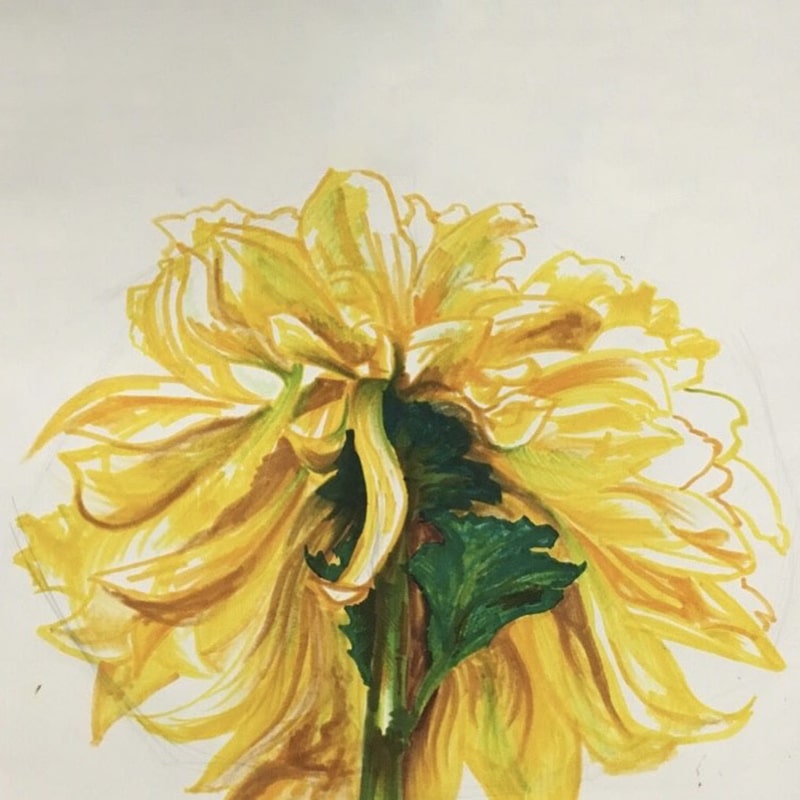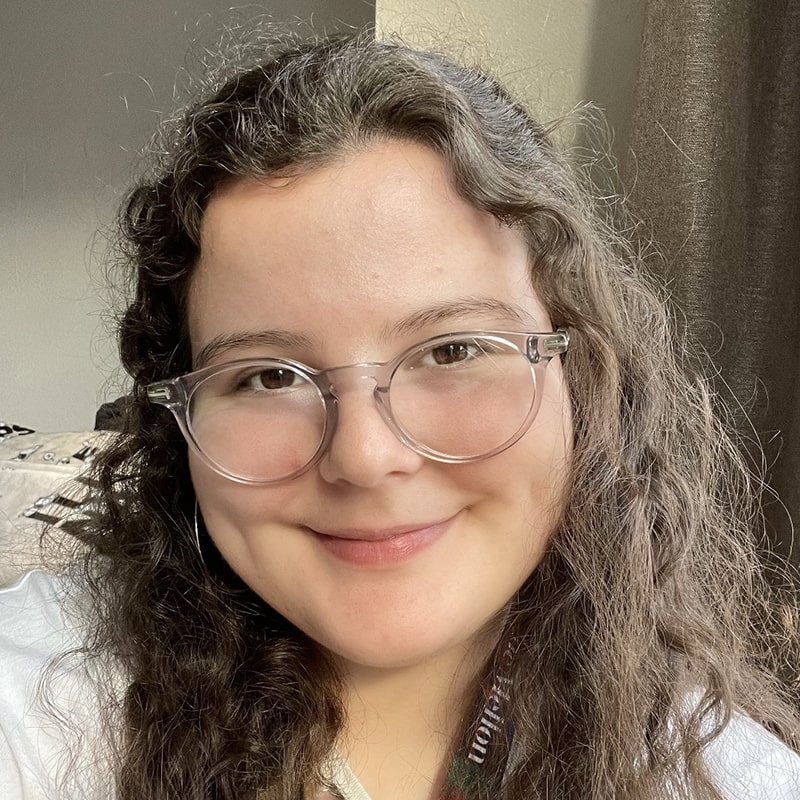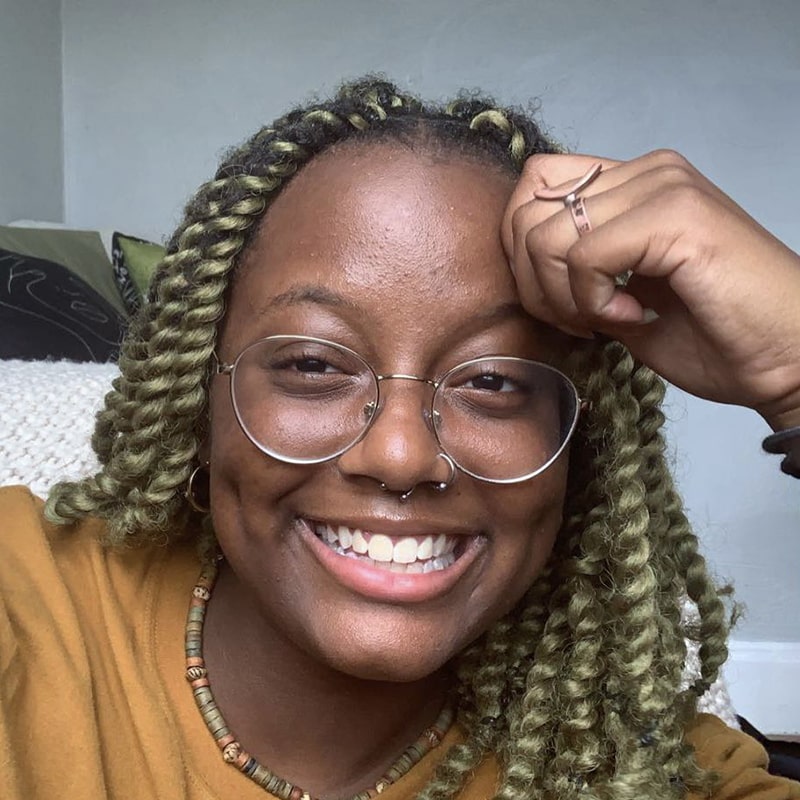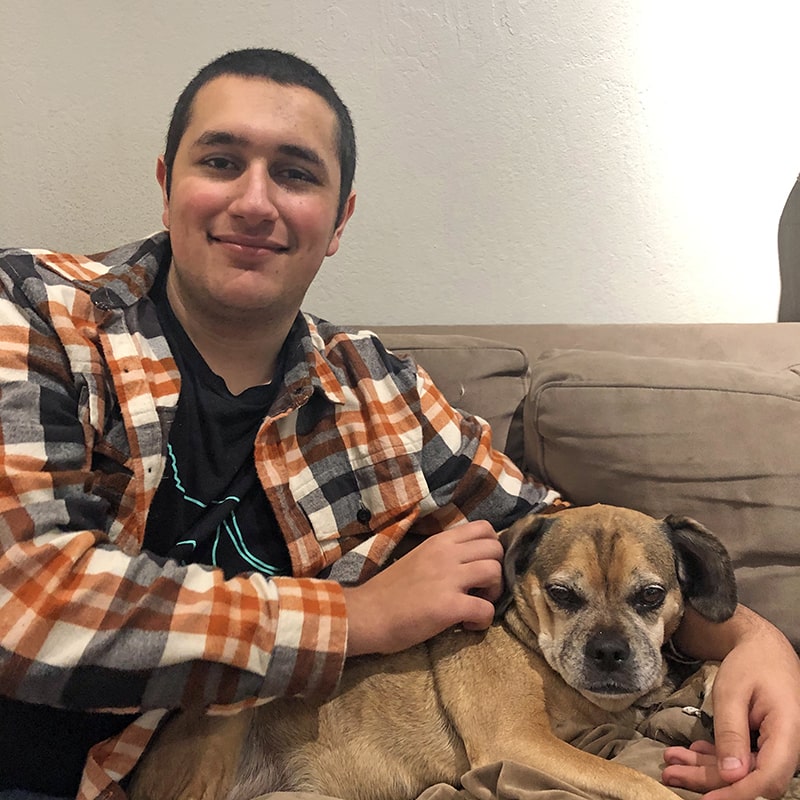
Issue 1 - Fall 2022
From the Editors
It’s easy to be inspired by our students at CMU. They are driven, they are dedicated, they are deeply engaged--even with coursework outside of their majors. For those reasons, it is our students who inspired us to ask: where can these exceptional writers and communicators share their work, their talent?
Energized by the implementation of Dietrich College’s new General Education curriculum in Fall 2021 and driven by disciplinary knowledge about the value of authentic experiences for student writers, we recognized the opportunity to propose a new publication to showcase the exemplary work we have seen from our students and knew professors across Dietrich has seen from theirs. Through meeting with the General Education Steering Committee and several other groups across campus, we were encouraged by their interest in and support for a new undergraduate publication. And after adding to our team the incomparable Colleen Libertz, General Education Program Manager, we quickly began making strides toward our inaugural issue. With her guidance and help we explored feasible platforms, determined eligibility and criteria for inclusion, and eventually hosted our first calls for faculty nominations and student submissions, which closed in May 2022.
From the nearly fifty nominations and submissions we received for the first two issues of WOVEN, we are pleased to present nine works in our inaugural issue. This issue features work produced for seven different courses and includes a span of genres ranging from a memo to change proposals, from researched academic articles to literary analysis to digital painting. Behind each of these works is a driven, dedicated, and deeply engaged student inspired by the equally driven, dedicated, and engaged faculty across Dietrich’s General Education Program. It has been a pleasure to work with these students and their faculty mentors through the revisions process and we are unabashedly proud of these final works. We sincerely hope you enjoy the first issue of WOVEN: An Interdisciplinary Journal of Dietrich College.
Alan Thomas Kohler & Courtney L. Novosat
Table of Contents
Yuan
Model Minority: The Myth Shaping Society
GenEd Course Completed: 76-101 – Interpretation and Argumentation
In what way do you see the experiences in this GenEd course contributing to your larger goals at CMU and beyond?
My work in this course, including my published work, reflects my personal struggle with racism and social justice. It’s been a highly personal journey for me and I’ll be on it for the rest of my life as I grow personally.
How did the revision process and preparation for publication for WOVEN help you further develop your competencies in writing and communication?
I had to come back to and re-evaluate my work nearly a year after I had first written it. I had grown a lot as a person and a writer since then so the revision process helped me see that and advance it further with targeted revisions.
Donald Dinerman
Leveraging Behavioral Game Theory
GenEd Course Completed: 88-255 – Strategic Decision Making
Primary GenEd Learning Outcomes Met:
A3 Generate a substantive argument that includes appropriate elements (i.e., claim, counterclaims, reasons, and evidence) and adheres to appropriate disciplinary conventions. A4 Communicate an argument in various forms (written, verbal and visual) as appropriate to the context.
What were the best parts of the GenEd course you completed?
Learning how to modify traditional game theory to better suit real human behavior.
Willy Yeh
Black Social Justice Roots and Enlightenment Philosophy
GenEd Course Completed: 76-101 – Interpretation and Argument
What were the best parts of the GenEd course you completed?
I was very lucky to have an opportunity to learn from Professor Donald Holmes. Dr. Holmes really emphasized personal growth in writing ability from each of us. He often prompted us to think deeply about social issues and to exchange our ideas through in-class discussions.
In what way do you see the experiences in this GenEd course contributing to your larger goals at CMU and beyond?
Informative writing is a discipline that will be broadly applicable to any career that I decide to pursue in the future. Already, the skills I’ve developed in the class are paying dividends in social science and humanities courses as well as some STEM courses.
Rita Paixão
"Let's Tell This Story Properly": Nudity as a Form of Liberation
GenEd Course Completed: 76-106 – Writing about Literature, Art, and Culture
What were the best parts of the GenEd course you completed?
Getting to analyze and write about the short stories we read.
How did the revision process and preparation for publication for WOVEN help you further develop your competencies in writing and communication?
It taught me how to communicate with a revision team and how to take their advice and apply it to my work.
Carolina Uribe Pacheco
Perception of Language
GenEd Course Completed: 82-283 - Language Diversity and Cultural Identity
What were the best parts of the GenEd course you completed?
The best part of the class (apart from the wonderful Dr. Burns) was how open it was, it was a class that allowed you to widen your horizons and explore new interests.
How did the revision process and preparation for publication for WOVEN help you further develop your competencies in writing and communication?
It’s allowed me to not be afraid of expressing myself freely and not constricting myself in formality.
Camille Chandler
A Letter to My Siblings
GenEd Course Completed: 66-133 - We’re Not Beyond Race: Race and Identity in America
In what way do you see the experiences in this GenEd course contributing to your larger goals at CMU and beyond?
This course was rooted in understanding the history behind race in America and the implications of that history on the experience of race today. The way they guided us through this content contributed to my goals of understanding my personal experiences, specifically as they are related to race.
How did the revision process and preparation for publication for WOVEN help you further develop your competencies in writing and communication?
The revision process put a lot of emphasis on clarity in my writing. I think it was helpful in that it made me think about the piece from a reader's perspective as opposed to my own.
Caitlyn Santiago
Closing the Gap: Fulfilling Low-Income Student Need at Carnegie Mellon University
GenEd Course Completed: 76-108 – Writing about Public Problems
What were the best parts of the GenEd course you completed?
I really enjoyed the freedom to write about whatever I wanted. I also loved all the support I got in my ideas. The structure of the class was also really helpful in my personal creative process.
How did the revision process and preparation for publication for WOVEN help you further develop your competencies in writing and communication?
I got to familiarize myself with how the publication process works. This information is really important especially considering my desire to go into research.
Kian Nassre
Breakdown of Democracy in North Carolina
GenEd Course Completed: 84-324 – The Future of Democracy
GenEd Learning Outcomes Met:
CX1 Frame and reframe fundamental questions (who, what, where, when, why, and how) in order to interpret issues, objects and events. CX3 Analyze issues, objects, and events from medium- and long-term historical perspectives.
In what way do you see the experiences in this GenEd course contributing to your larger goals at CMU and beyond?
I am here to gain the skills of a top-notch computer scientist, but there is so much more going on in the world. Understanding the ebb and flow of history helps me understand the time I live in and informs the choices I make. The struggle between democracy and dictatorship has also affected my family personally since my parents had to flee Iran after the 1979 revolution. As a result, I am very protective of democracy and a staunch believer in the power of voting. This course helped me understand the fragility of that power, the signs of hope, and the signs to watch out for when trying to fight for our republic.
Adeife Gafaar
A Human Rights Issue: Women's Inability To Stand as Surety in Nigeria
GenEd Course Completed: 76-108: Writing about Public Problems
In what way do you see the experiences in this GenEd course contributing to your larger goals at CMU and beyond?
The course helped me develop my written and oral communication skills which will be applicable for my future career. Also, I am passionate about working to empower women in Nigeria; therefore, this course enabled me to take an actionable step.
How did the revision process and preparation for publication for WOVEN help you further develop your competencies in writing and communication?
The process helped me hone my writing skills by encouraging me to achieve quality work by editing my draft continuously. Similarly, my communication skills were improved because I needed to communicate regularly with both my professor and the WOVEN editorial team.








